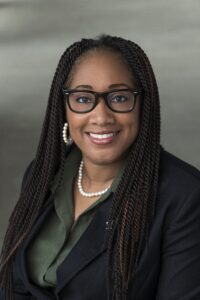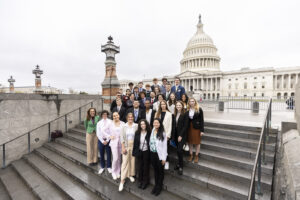The Human Resources Benefits team is delighted to present “Roadmap to Retirement,” an in-person seminar designed to help faculty and staff navigate their retirement journey with confidence. This year, invitations to the seminar are expanding to include employees who are 55 and older—whether nearing retirement or just starting to think about long-term financial well-being.
Mark your calendars for Monday, September 8 for this essential session. You’ll gain invaluable insights into key retirement topics such as financial planning, healthcare in retirement, and social security. This is your chance to gain invaluable insights and get answers to your most pressing questions!
Invitations with full registration details will be sent directly to your inboxes this August. Space is limited for this highly sought-after event, so don’t miss out – be sure to register as soon as invitations arrive to secure your spot!
Can’t make it to this session? The Benefits team will host a virtual seminar in spring 2026 to ensure everyone has an opportunity to plan for a secure future.





